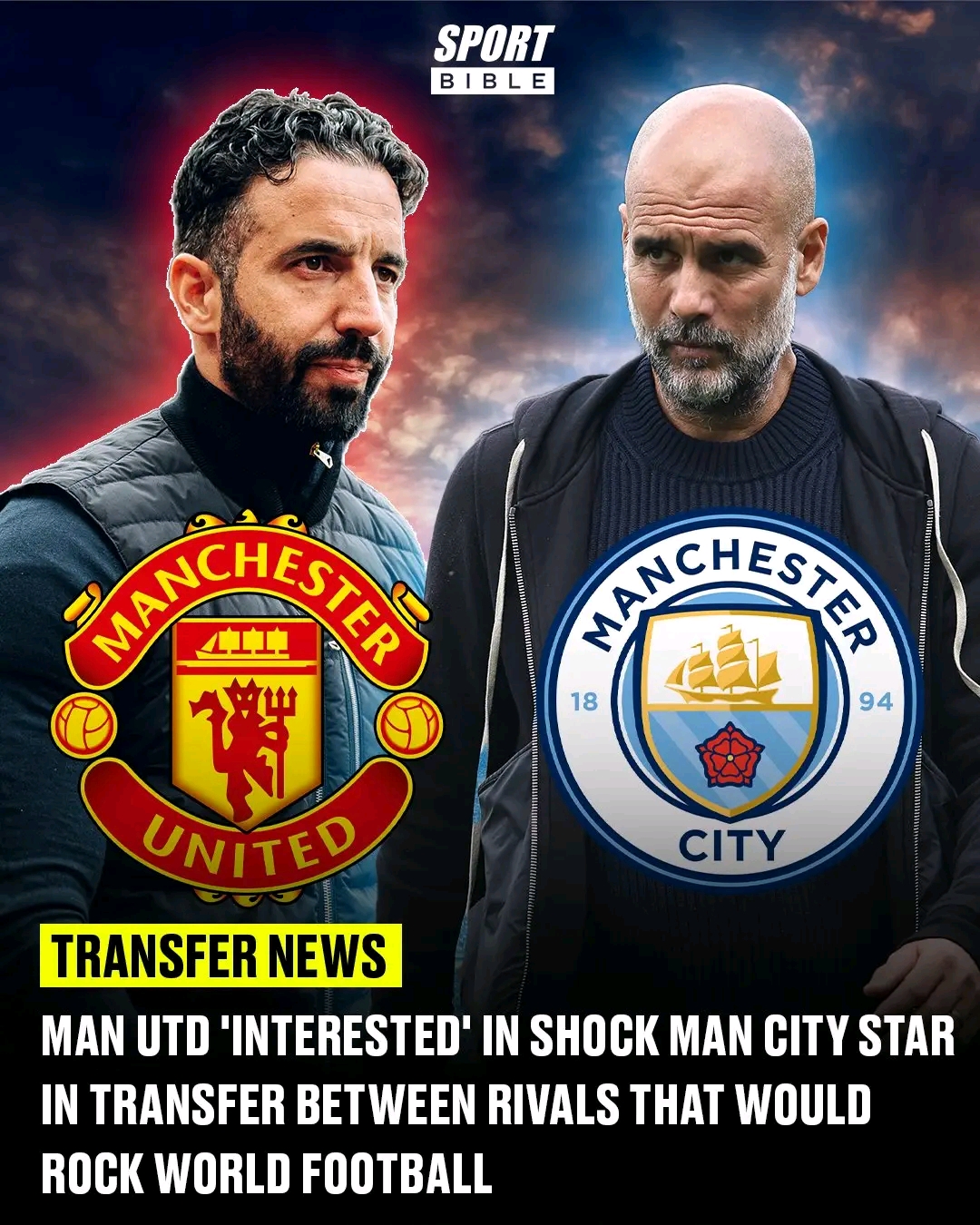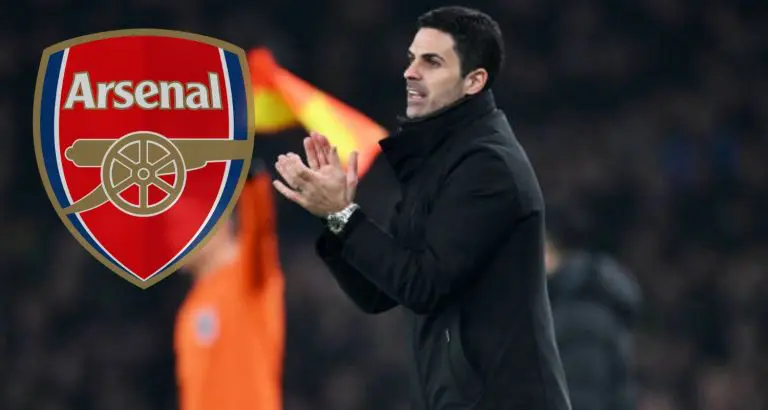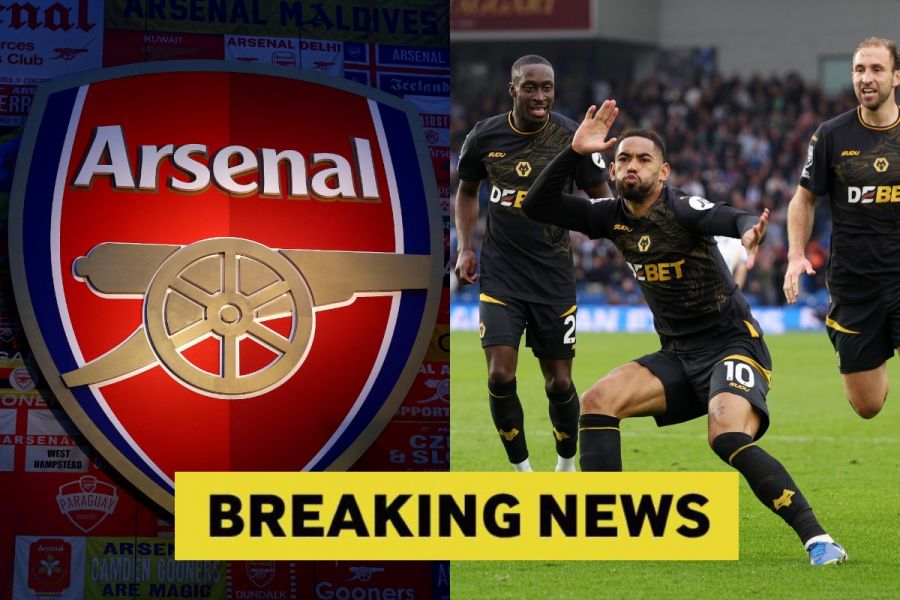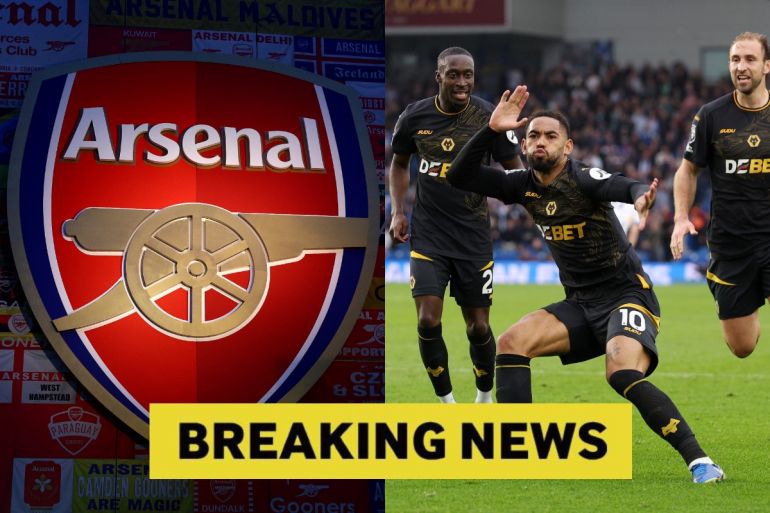Manchester United Eye Cross-City Raid for James McAtee as City Academy Star Faces Uncertain Future

The summer transfer window promises to be one of significant movement and strategic repositioning for Manchester United, with the Red Devils already making waves in the market through their acquisition of Matheus Cunha from Wolverhampton Wanderers. However, attention has now turned to a potentially explosive cross-city raid, as reports suggest United are maintaining a keen interest in Manchester City’s promising midfielder James McAtee. The 22-year-old academy graduate finds himself at a crossroads in his career, having been notably omitted from City’s Club World Cup squad, a decision that has sparked widespread speculation about his future at the Etihad Stadium.
Under the stewardship of Ruben Amorim, Manchester United are embarking on what appears to be a carefully calculated rebuild. The Portuguese tactician, who has brought his distinctive playing philosophy from Sporting CP, has been entrusted with a transfer budget that, while not extravagant by modern standards, represents a focused approach to squad enhancement. Reports suggest this budget sits at approximately £100 million, a figure that necessitates shrewd decision-making and strategic targeting of players who can provide immediate impact while also offering long-term value.
The signing of Matheus Cunha for £62.5 million already represents a significant portion of this budget, demonstrating United’s willingness to invest in proven Premier League talent. The Brazilian forward’s acquisition signals Amorim’s intent to strengthen key areas of the squad, and the potential pursuit of McAtee would represent another piece of this carefully constructed puzzle. The Portuguese manager’s tactical approach, which emphasizes technical proficiency and positional versatility, makes McAtee an intriguing target who could slot seamlessly into his system.
United’s football department, led by their recently restructured hierarchy, appears committed to supporting Amorim’s vision for the upcoming campaign. This support extends beyond mere financial backing to encompass a strategic approach that prioritizes players who align with the manager’s tactical preferences and the club’s long-term objectives. McAtee, with his technical ability and versatility, represents exactly the type of player who could thrive under Amorim’s guidance.
James McAtee’s journey through Manchester City’s academy system reads like a blueprint for modern football development. The Salford-born midfielder has been with City since his youth, progressing through every level of their renowned academy structure. His rise through the ranks coincided with one of the most successful periods in City’s academy history, a generation that has produced remarkable talents including Romeo Lavia, Cole Palmer, Morgan Rogers, Liam Delap, and Taylor Harwood-Bellis.
As captain of this exceptional generation, McAtee established himself as not just a talented individual but a natural leader capable of inspiring those around him. His technical proficiency, combined with his understanding of the game’s tactical nuances, marked him out as a player destined for senior football. The midfielder’s ability to operate in multiple positions across the midfield and attacking lines has been a consistent feature of his development, making him an valuable asset in modern football’s tactical landscape.
During the 2024/25 season, McAtee managed to secure 27 appearances for Manchester City, contributing seven goals in the process. While these numbers might seem modest for a player of his caliber, they must be viewed within the context of City’s squad depth and the competitive nature of securing regular minutes under Pep Guardiola. The Spanish manager’s rotation policy and preference for experience in crucial moments meant that McAtee often found himself competing with established international players for starting positions.
McAtee’s two-season loan spell at Sheffield United between 2022 and 2024 proved to be a transformative period in his development. The move to Bramall Lane provided him with the consistent first-team football that young players desperately need to develop their craft. Playing in the Championship and subsequently the Premier League, McAtee was exposed to the physical and tactical demands of senior football while being given the freedom to express his technical abilities.
During his time with the Blades, McAtee showcased the versatility that has become his calling card. Whether deployed as a central midfielder, attacking midfielder, or in wider positions, he demonstrated an adaptability that caught the attention of several Premier League clubs. His performances during Sheffield United’s Championship campaign were particularly impressive, as he played a crucial role in their promotion to the top flight.
The loan experience also provided McAtee with valuable insights into different tactical systems and management styles. Working under different coaches allowed him to develop a more rounded understanding of the game, skills that would prove invaluable upon his return to Manchester City. The exposure to different playing philosophies and tactical approaches has undoubtedly contributed to his development as a more complete player.
Pep Guardiola’s public acknowledgment of his “unfair” treatment of McAtee reveals the complex dynamics at play within Manchester City’s squad management. The Spanish tactician, renowned for his tactical acumen and player development, found himself caught between his desire to nurture young talent and the immediate pressures of competing at the highest level. His honest assessment of the situation demonstrates both his integrity as a coach and the genuine challenges facing young players in elite football environments.
Guardiola’s comments in December highlighted the inherent tension between giving opportunities to promising youngsters and relying on experienced players in pressure situations. His admission that senior players often receive preference due to their proven track record, while understandable from a tactical perspective, also acknowledges the potential waste of young talent that can result from such an approach.
The Spanish manager’s praise for McAtee’s generation at City’s academy underscores the exceptional quality of players that have emerged from the club’s youth system. His specific mention of McAtee’s captaincy role within this group suggests a recognition of both his talent and leadership qualities. However, Guardiola’s acknowledgment that McAtee deserved more minutes than he received also hints at the practical limitations that prevent even the most promising youngsters from securing regular first-team football at elite clubs.
McAtee’s exclusion from Manchester City’s Club World Cup squad represents a significant development in the ongoing speculation surrounding his future. The decision to leave out a player who has contributed seven goals in 27 appearances suggests that City may be preparing for his departure or, at minimum, are not viewing him as an essential part of their immediate plans for major competitions.
The timing of this omission is particularly noteworthy, coming at a point when McAtee’s contract situation requires resolution. With his current deal set to expire in 2026, City face a crucial decision about whether to offer him improved terms and a clearer pathway to regular first-team football, or to cash in on their academy product while his value remains high.
The Club World Cup represents one of football’s most prestigious tournaments, and inclusion in such squads typically indicates a manager’s confidence in a player’s immediate contribution potential. McAtee’s absence therefore sends a clear signal about his current standing within Guardiola’s plans, despite his contributions throughout the season.
Manchester United’s reported interest in McAtee represents more than just opportunistic transfer activity; it reflects a strategic approach to squad building that aligns with contemporary football trends. The pursuit of a cross-city rival’s academy product would be controversial, but it also demonstrates United’s commitment to identifying and acquiring young talent with proven Premier League experience.
From a tactical perspective, McAtee’s skill set appears well-suited to Ruben Amorim’s preferred system. The Portuguese manager’s emphasis on technical proficiency and positional flexibility makes McAtee an attractive proposition. His ability to operate in multiple midfield roles could provide Amorim with the tactical versatility that modern football demands, allowing for in-game adjustments and strategic flexibility.
The potential signing would also represent excellent value for money, particularly in a market where established international players command premium fees. McAtee’s combination of youth, talent, and Premier League experience makes him an attractive proposition for a club operating within defined financial parameters. His acquisition would provide immediate squad depth while also representing a long-term investment in the club’s future.
Manchester United are not alone in their interest in McAtee, with reports suggesting that Newcastle United and AC Milan are also monitoring his situation. This competitive landscape reflects the widespread recognition of his talent and potential, while also highlighting the challenges United may face in securing his signature.
Newcastle’s interest is particularly noteworthy given their recent investment in squad development and their ability to offer regular first-team football. The Magpies’ participation in European competition could also appeal to a player seeking to establish himself at the highest level. Meanwhile, AC Milan’s interest represents the allure of Serie A football and the opportunity to develop his game in a different tactical environment.
The presence of multiple suitors inevitably drives up both the transfer fee and wage demands, factors that United must consider within their budgetary constraints. However, the club’s prestige and the opportunity to remain in the Premier League may provide significant advantages in any potential negotiations.
McAtee’s recent inclusion in England’s Under-21 pre-Euro training squad adds another layer to his profile and transfer value. International recognition, even at youth level, demonstrates his standing within English football and suggests a bright future at the senior level. This international dimension makes him an even more attractive proposition for Premier League clubs seeking to comply with homegrown player requirements.
The timing of his international call-up, coinciding with his omission from City’s Club World Cup squad, creates an interesting dynamic. While it prevents him from featuring in City’s summer campaign, it also provides him with an alternative platform to showcase his abilities and maintain his development trajectory.
The financial aspects of any potential McAtee transfer are complex and multifaceted. Manchester City’s academy investment means they would expect a significant return on their development costs, particularly given the current market rates for young English talent. Recent transfers of similar players suggest that fees could easily reach £30-40 million, representing a substantial portion of United’s available budget.
However, the player’s contract situation provides some leverage for interested clubs. With just two years remaining on his current deal, City may be motivated to sell rather than risk losing him for a reduced fee in the future. This timeline pressure could work in United’s favor, particularly if McAtee makes it clear that he wishes to leave for regular first-team football.
The wage structure at United would also need to accommodate a player who, despite his youth, has established himself as a Premier League performer. Balancing competitive salary offerings with the club’s broader financial strategy requires careful negotiation and planning.
Under Ruben Amorim’s tactical system, McAtee could find the regular playing time that has eluded him at Manchester City. The Portuguese manager’s preference for flexible, technical players who can adapt to different roles within his system makes McAtee an ideal candidate for integration. His ability to play centrally or in wider positions provides tactical options that could prove invaluable throughout a long campaign.
Amorim’s track record of developing young players at Sporting CP suggests that he would be well-equipped to maximize McAtee’s potential. The manager’s emphasis on intelligent movement and technical execution aligns perfectly with the midfielder’s strengths, while his tactical flexibility could provide the variety that McAtee needs to continue his development.
The potential partnership with other young talents in United’s squad could also create a dynamic that benefits all parties. Building a core of promising young players around established veterans has proven successful for many clubs, and McAtee could play a central role in such a strategy.
Any move from Manchester City to Manchester United would inevitably generate significant controversy and media attention. The fierce rivalry between the two clubs means that direct transfers are rare and often contentious. However, football history shows that player movement between rivals, while controversial, is not unprecedented and often benefits all parties involved.
The reaction from City fans would likely be one of disappointment and frustration, particularly given McAtee’s local connections and academy background. However, the club’s failure to provide him with regular opportunities may temper some of this criticism, as supporters generally understand players’ desires for first-team football.
From United’s perspective, the signing would represent a statement of intent and a demonstration of their ability to attract talent from their local rivals. It would also showcase their commitment to investing in young English talent, a strategy that aligns with both sporting and commercial objectives.
The potential signing of James McAtee would have implications extending far beyond the immediate impact on Manchester United’s squad. It would signal the club’s renewed confidence in their ability to compete for top talent and their commitment to building for the future under Ruben Amorim’s guidance.
For McAtee himself, the move would represent an opportunity to establish himself as a regular starter at one of the world’s biggest clubs. The chance to work with Amorim and develop his game in a system that values his attributes could prove transformative for his career trajectory.
The broader implications for the transfer market are also significant. Successful raids on rival clubs’ academies could encourage other teams to adopt similar strategies, potentially leading to increased movement of young talent between traditional rivals.
The potential transfer of James McAtee from Manchester City to Manchester United represents one of the more intriguing storylines of the upcoming transfer window. The combination of his talent, availability, and the controversial nature of the move creates a perfect storm of sporting and commercial interest.
For Manchester United, McAtee represents an opportunity to acquire a proven Premier League performer with significant upside potential. His versatility, technical ability, and understanding of English football make him an ideal candidate for Ruben Amorim’s project at Old Trafford. The financial aspects, while significant, appear manageable within the club’s current budget constraints.
The success of any potential deal will depend on multiple factors, including Manchester City’s willingness to sell to a direct rival, McAtee’s own preferences regarding his future, and United’s ability to outmaneuver other interested parties. However, the logical fit between player and club, combined with the opportunity for regular first-team football, suggests that this transfer saga will continue to develop throughout the summer window.
As the football world watches this potential cross-city transfer unfold, it serves as a reminder of the complex dynamics that govern modern football transfers, where talent, opportunity, and commercial considerations intersect to create compelling narratives that captivate fans and media alike.















